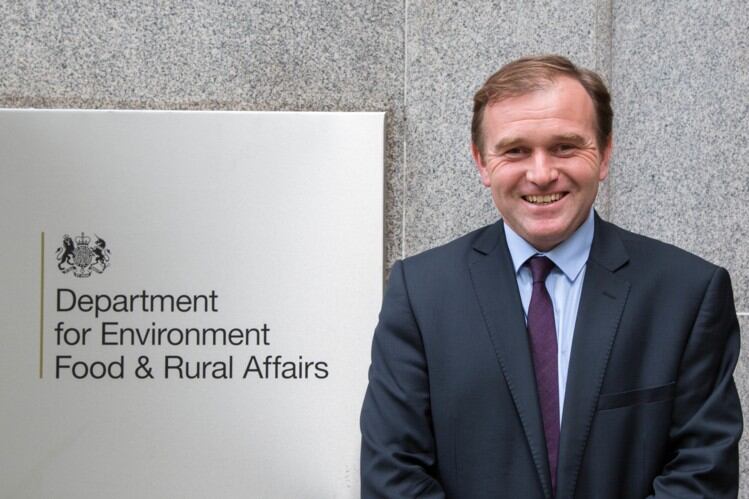Published yesterday (24 September), the latest round of notices from the Department of Transport cover the implications of the UK leaving the EU without a deal in March 2019. Topics include commercial road haulage in the EU, vehicle insurance and flights to and from the UK.
“These technical notices confirm in black and white what we already knew: a no-deal scenario would be catastrophic for British agriculture,” said president of the National Farmers Union Minette Batters. “A scenario where farmers face an immediate trade embargo for many of their products would have devastating effects, and would severely threaten livelihoods and businesses.
“While these notices are an essential part of Government planning, it is crucial that the Government does as much as possible to avoid disruption for farm businesses in all outcomes. We urge everyone in the negotiations to work to achieve a deal that delivers free and frictionless trade between the UK and the EU.”
Chaos
Chief executive of the Food and Drink Federation Ian Wright said the technical notices laid bare the grisly prospect of a no-deal Brexit, including chaos at the ports, serious disruption to food supplies and more administrative burdens on the food and drink industry.
“Upon leaving the EU, UK exports would face the EU’s prohibitively high WTO Most Favoured Nation tariffs, which would make many products uncompetitive and threaten the success of more than £13bn of our industry’s annual exports,” said Wright.
“If the UK were to waive checks on food and ingredient imports into the UK, as suggested, we would face legal challenges via the WTO while considerably undermining our reputation with the WTO’s 163 other members.”
Rude awakening
While Wright didn’t think the UK would run out of food and drink as a result of a no-deal Brexit, he did warn that it would become scarcer and more expensive. British consumers, who are accustomed to year-round availability of affordable food, were likely to face a rude awakening, he said.
“The consequences of a ‘no-deal’ Brexit for UK food and drink are starting to be felt already. The impacts will snowball as we get closer to March 2019,” he added. “Instead of lecturing the EU, the Government must secure a withdrawal agreement imminently or begin the arrangements to extend the Article 50 deadline so that they can do so in an orderly fashion.”
The Freight Transport Association (FTA) viewed the latest publication of technical notices and their focus on haulage and the export and import of food products in a more positive light, which it described as being long overdue.
Help prepare
FTA head of European policy Pauline Bastidon said the notices confirmed what the industry already knew concerning the impact of a no-deal Brexit on freight transport and borders. She hoped they would help traders and logistics companies prepare for a worst-case scenario.
“They demonstrate that contingency agreements are needed to at least protect basic transport connectivity between the UK and the EU,” she explained.
“The FTA recognises the Government’s efforts to secure such agreements and calls on EU-27 leaders and the European Commission to recognise the need for these contingency measures for freight transport, a sector which supports the entire economy.”
Worst of all worlds
The National Pig Association (NPA) said the prospect of a no-deal Brexit would leave the UK pig industry facing a disastrous situation where exports to the EU were blocked, but imports continued to flood in.
Zoe Davies, chief executive of the NPA, said: “A no deal could be the worst of all worlds for the UK pig industry. If exports are blocked but we continue importing pigmeat from the EU in large quantities, as the Government appears willing to do, it would blow a huge hole through the economics of the UK pig sector.
“We expect a much more forward thinking and cohesive plan from the Government than the flimsy and uncertain arrangements contained in this document. If the situation persists, it could result in the collapse of the supply chain with producers and processors going out of business.”





